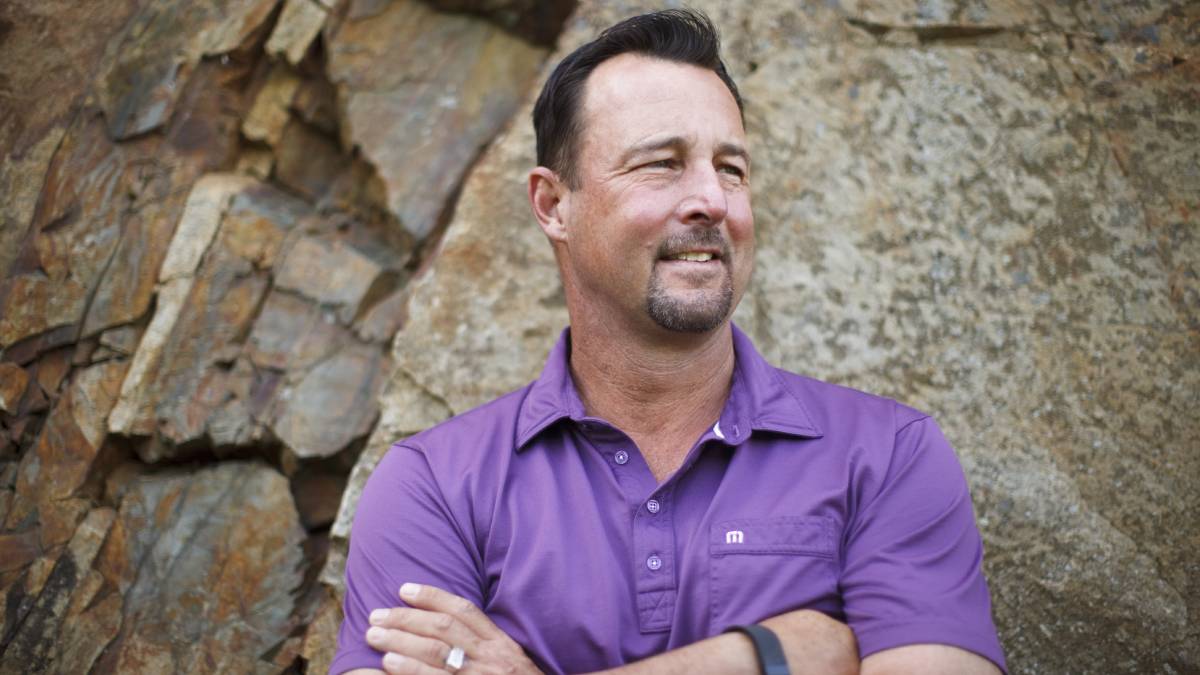We all know that radio advertising buyers can be exceptionally well-informed, especially ad agency buyers, if they choose to be. On the other hand, plenty of small to medium business (SMB) owners who handle advertising or allow internal employees to handle it rely on sales reps or industry experts to educate them and don’t spend hours online. Others do. You better know the difference in your buyer.
Plenty is written that the balance of power in the sales process has changed from sales reps to buyers. I believe it has changed, but we are still in control if we adjust to the new information flow of being helpful vs pushy. The key to this transformation lies in understanding the unique radio ad buying cycle. We must match the right approach to meet the buyer with where they are at.
What is the Radio Buyer’s Process?
Some advertisers don’t make decisions on a whim; they follow a structured process, becoming aware of their needs, exploring options, and ultimately deciding on buying radio. Others will buy from a rep they met socially or is referred to them by a business friend. We must know the challenges advertisers encounter along the way and the factors shaping their choices. Then, we can help them.
Let’s look at the three stages of a typical radio buyer process, or as most say, journey.
Awareness Stage
At the awareness stage, advertisers realize they have an advertising need, perhaps due to not getting results with their current advertising or wanting to model a successful business that buys radio advertising. They aim to find a solution and might seek information to understand their needs better. They may even search’ branding through radio’ to get a feel for the results they could expect.
Consideration Stage
In the consideration stage, advertisers have identified their needs and are actively researching radio advertising options. They may want to understand how radio advertising can help them achieve their goals—especially when pinpointing formats, how many stations to buy, cost, and ROI.
Decision Stage
In the decision stage, advertisers have chosen a radio advertising strategy and are evaluating clusters. They may have even decided on a monthly budget, commitment length, and the formats they want to buy. They may even start comparing pricing, ratings, and proposals. They are looking for the station or stations that match their needs.
Your Sales Process to match the Buyer’s Cycle
Most buyers will gather information and make decisions at their own pace. We need to ask the right questions at the right time to provide the info they may require that’s not online. Like this:
Awareness Stage: They know their challenge and are deciding whether they should prioritize radio advertising.
Ask them:
How are they getting their information on the potential benefits of radio advertising? Please send them this on radio from Pew Research.
What would happen if they did nothing? Are they getting enough results from their current advertising?
What are their most significant questions about radio advertising?
Send them white papers, third-party testimonials, or industry-specific radio data to help educate them. Be seen as a resource, not an order taker. Ask questions, respond appropriately, and follow up judiciously.
Consideration Stage: In the consideration stage, advertisers know their needs and actively explore different radio advertising options.
Ask questions like:
What formats do they listen to or think their ideal prospect listens to?
What kind of monthly spending is sustainable? For how long?
How do they see the +/- of branding, high-frequency campaigns, or call-to-action copy?
How will they make the decision? Meet reps? Rfp? Ask the owner?
Help them navigate through the variety of radio advertising options. Are they digitally savvy? Are they open to a digital/broadcast package? Show them how you stand out in the market.
Decision Stage: Buyers have chosen a radio strategy and are now evaluating stations as potential vendors.
In this stage, consider questions like:
What criteria will they use to evaluate your stations’ proposals? Ratings? Efficiencies? Cost?
When they see your proposal, what do they like about it compared to alternatives? What concerns do they have?
Are they making a short or long-term decision?
Do they need help with creative, production, etc?
Anticipating potential objections and presenting a clear, Unique Selling Proposition (USP) that sets your radio station apart from competitors is crucial at this stage.
Understanding how your client makes decisions is invaluable to empathizing with them, addressing objections effectively, and providing the correct information at the right time. Ultimately, this will help you close more deals.
Align your approach with where they are in the buying cycle- not where you are! Everybody knows you want a sale- what does your buyer want? And when?
Jeff Caves is a sales columnist for BSM working in radio and digital sales for Cumulus Media in Dallas, Texas and Boise, Idaho. He is credited with helping launch, build, and develop Sports Radio The Ticket in Boise, into the market’s top sports radio station. During his 26 year stay at KTIK, Caves hosted drive time, programmed the station, and excelled as a top seller. You can reach him by email at jeffcaves54@gmail.com or find him on LinkedIn.






